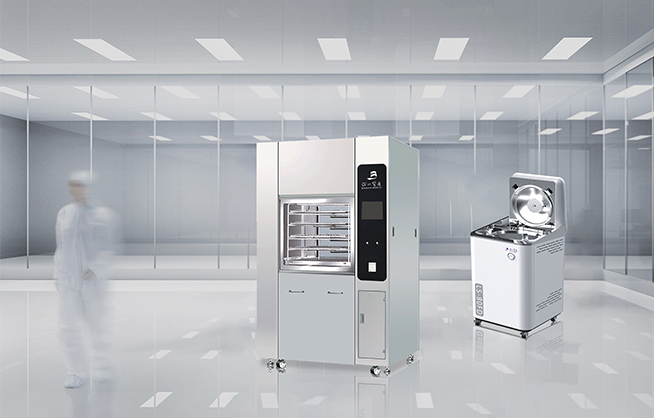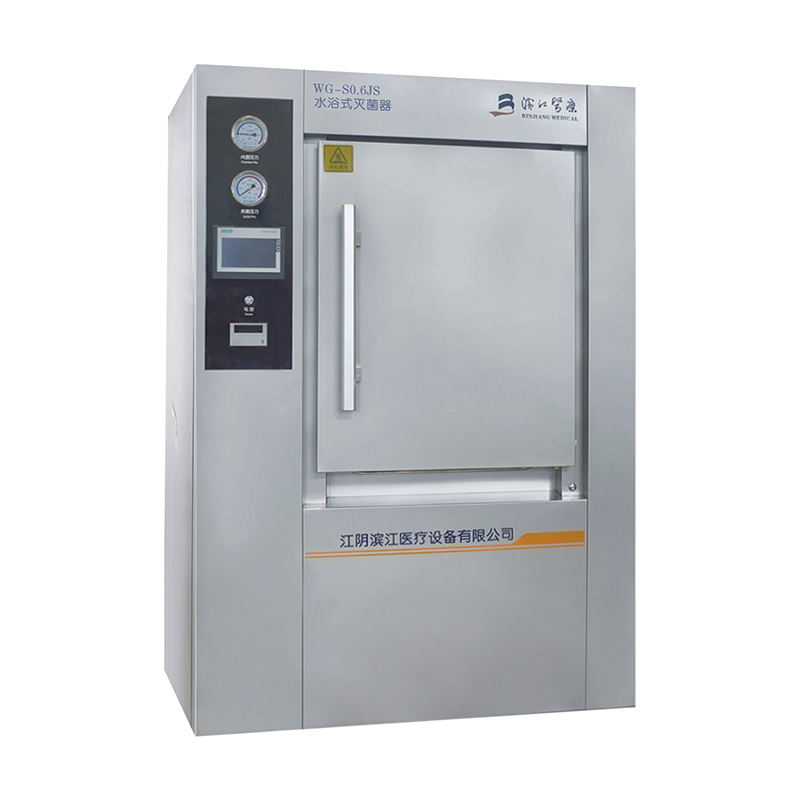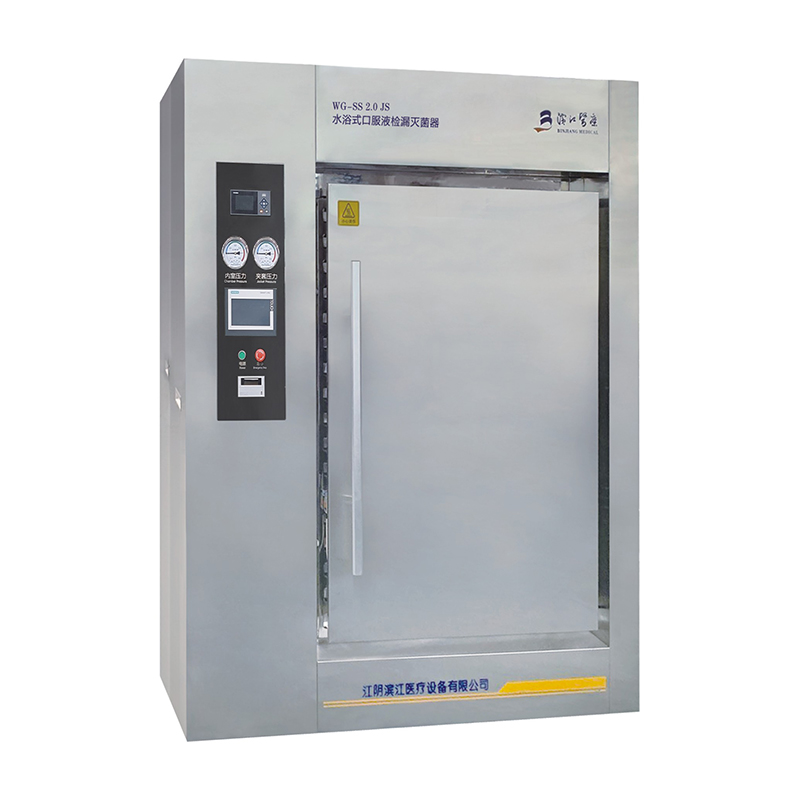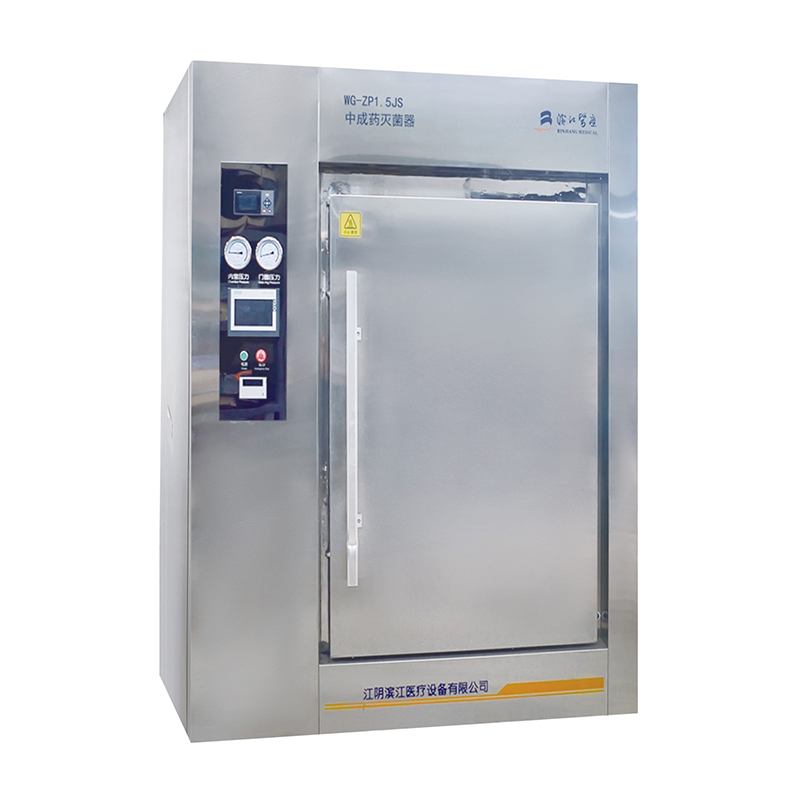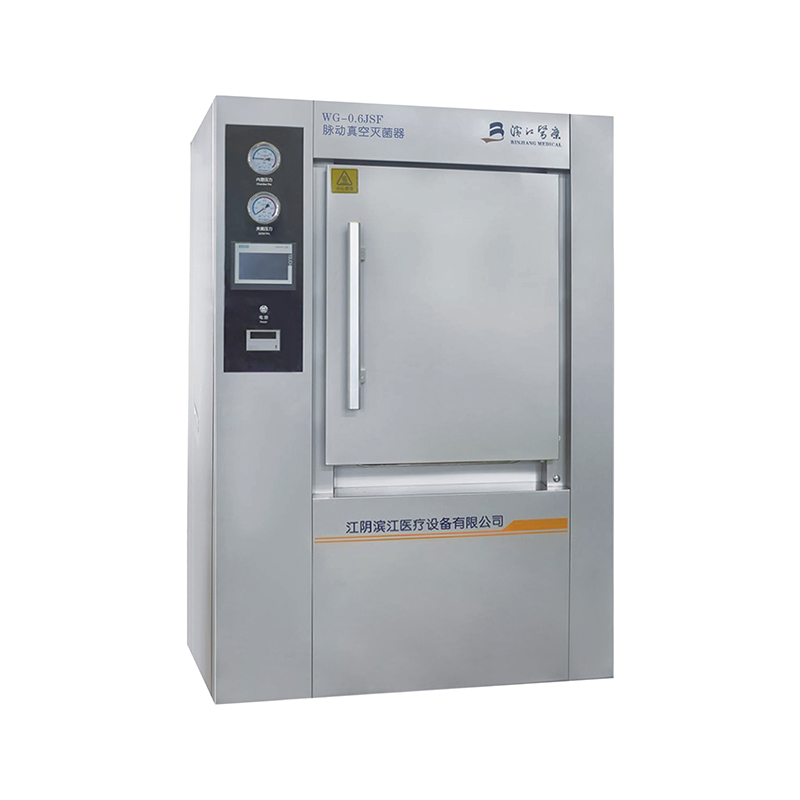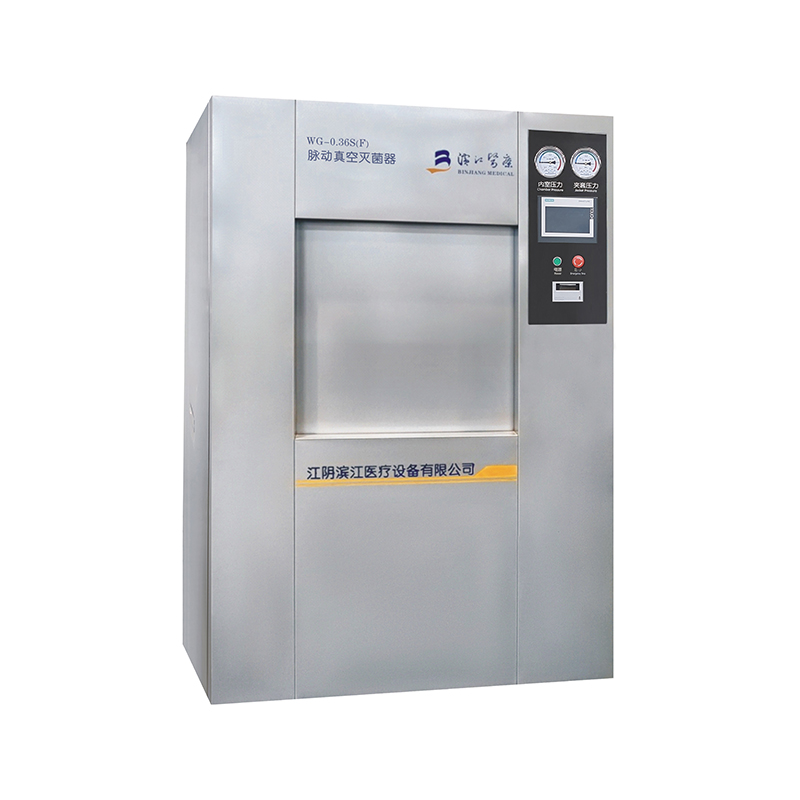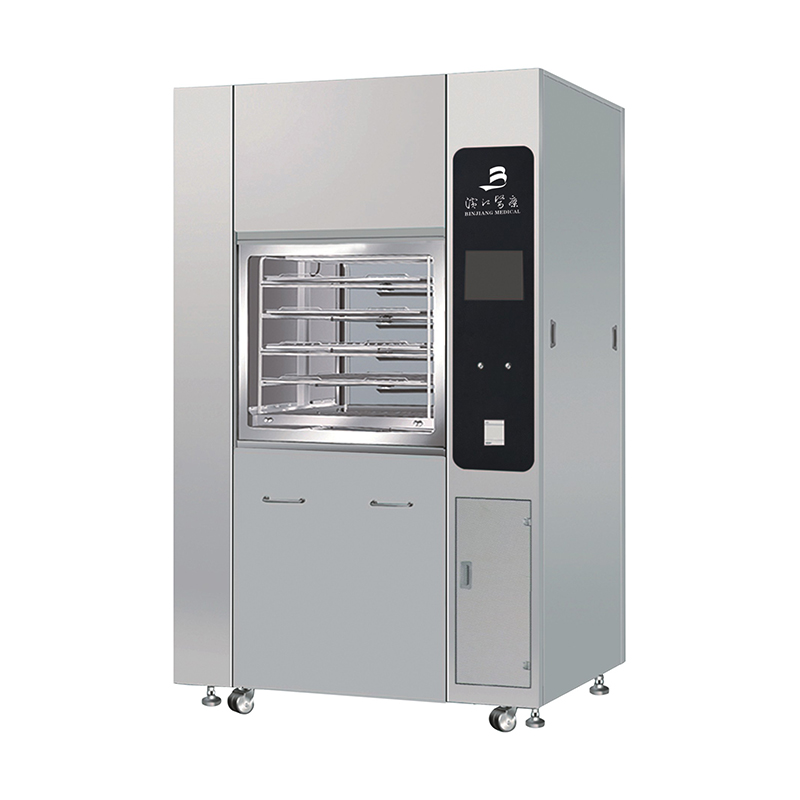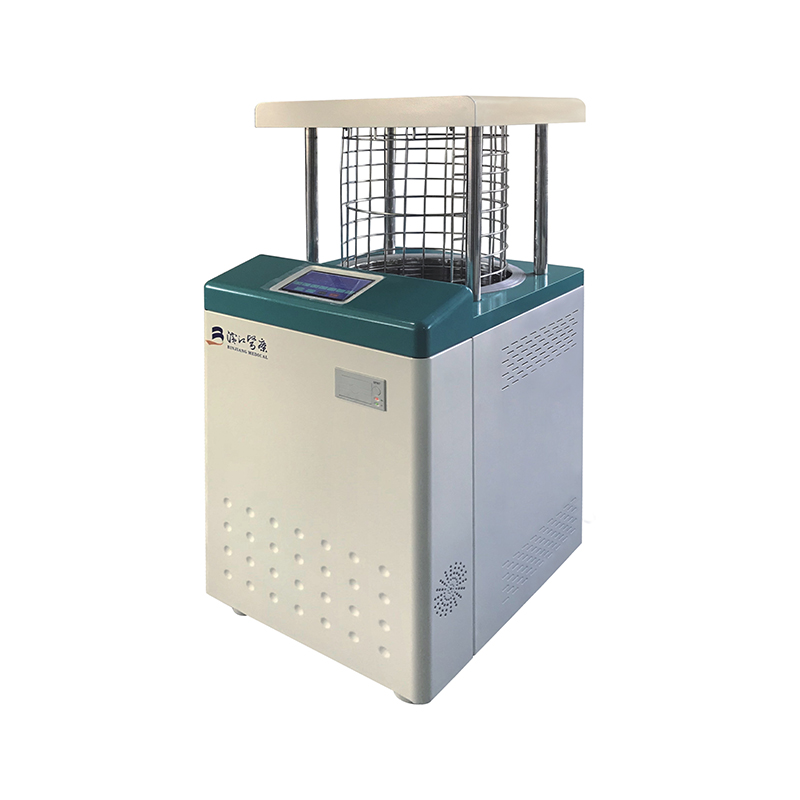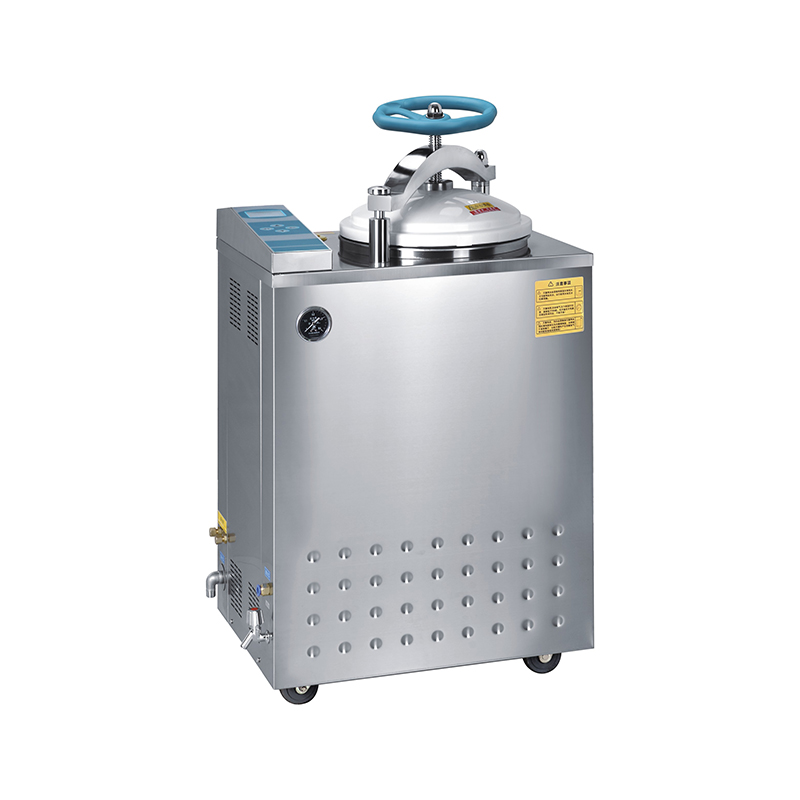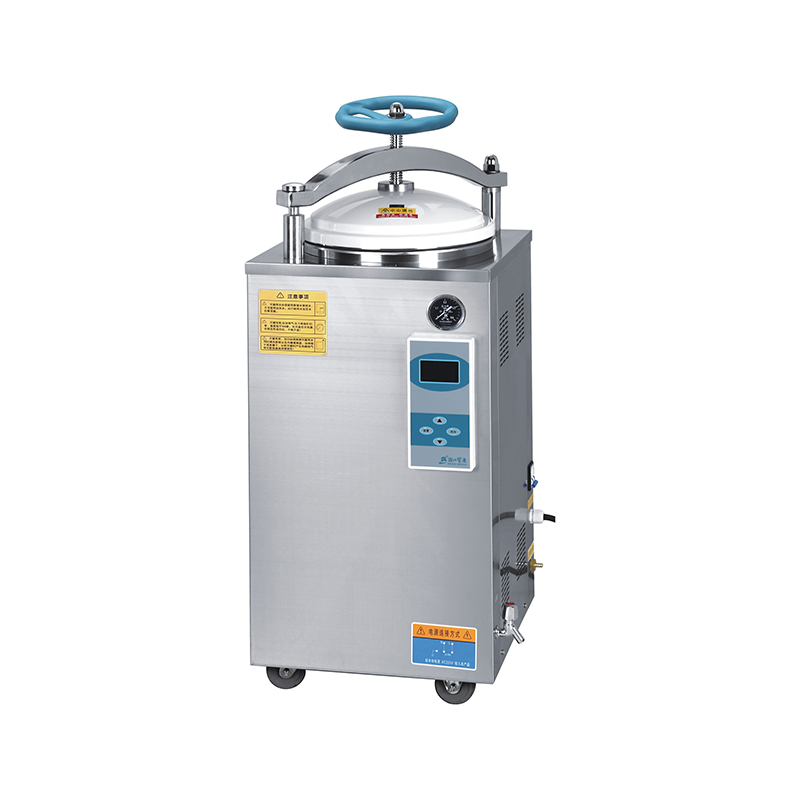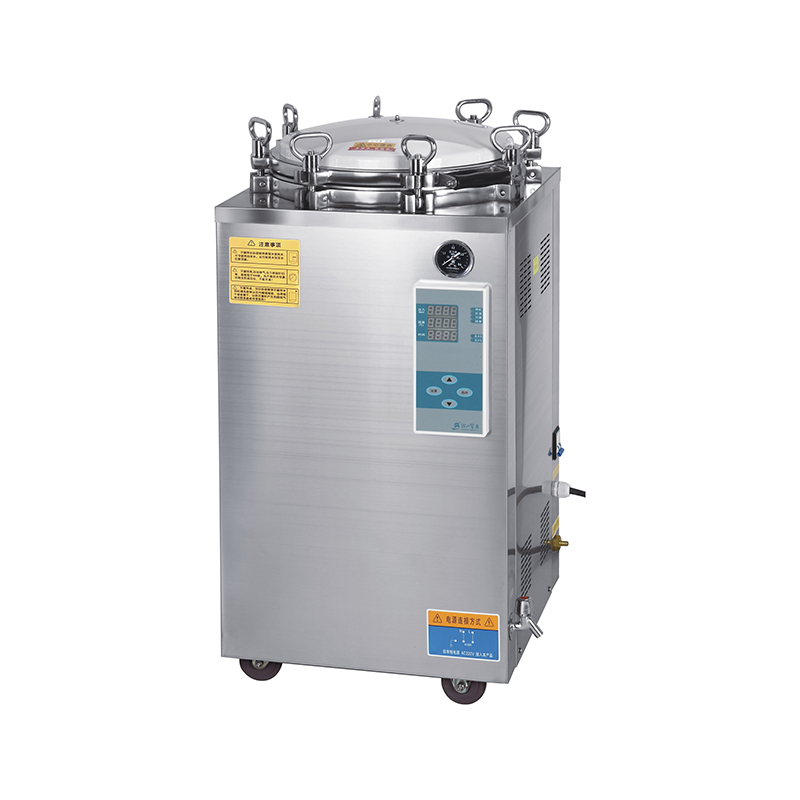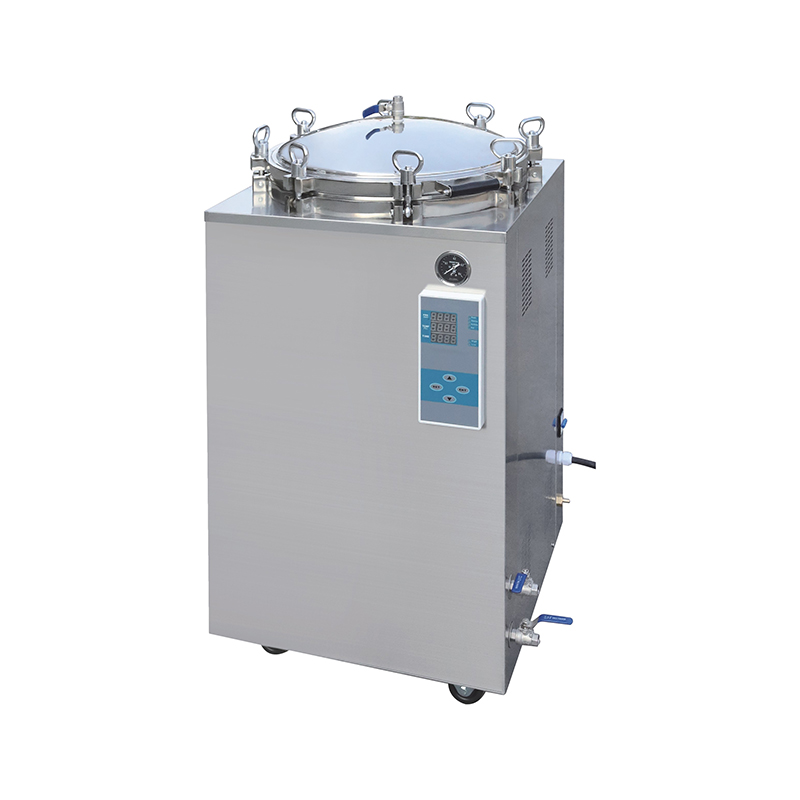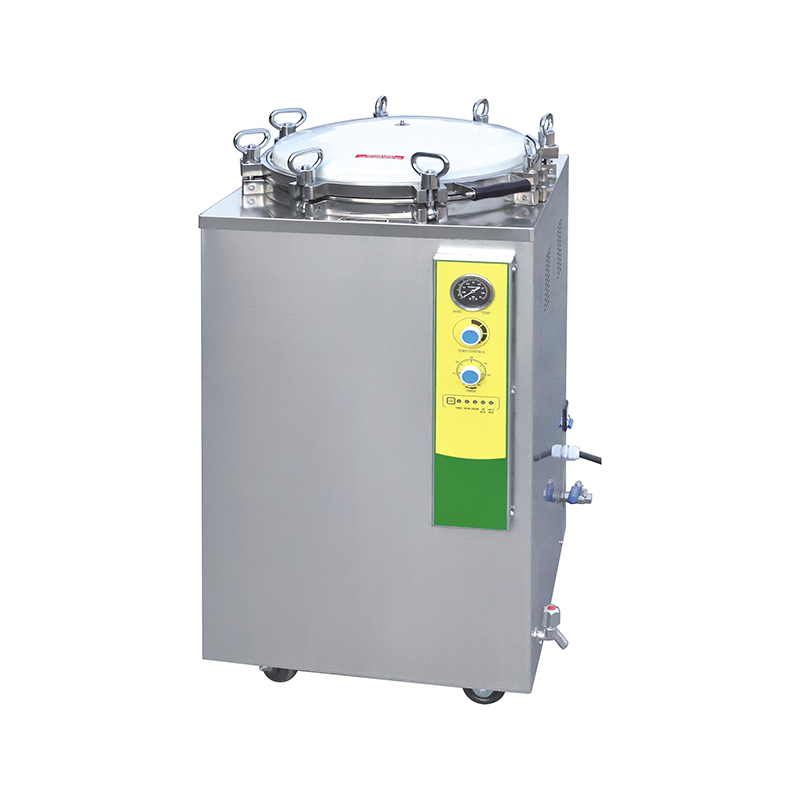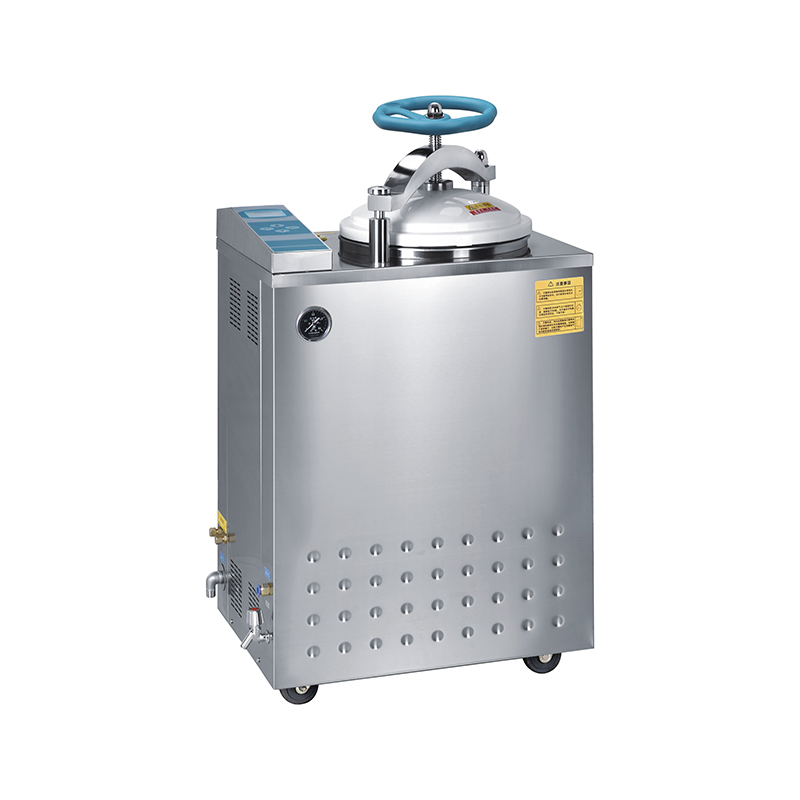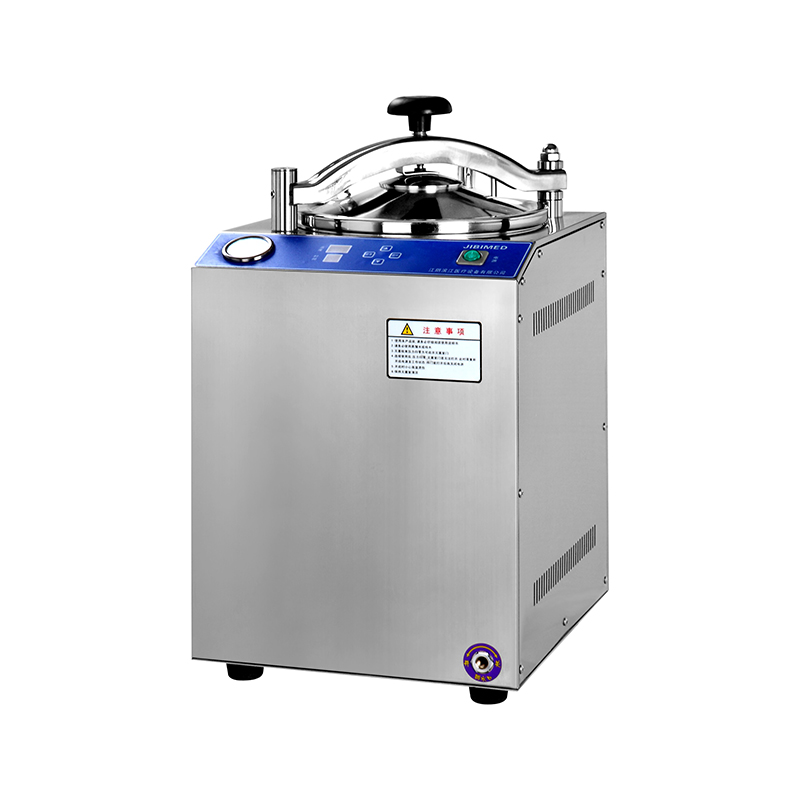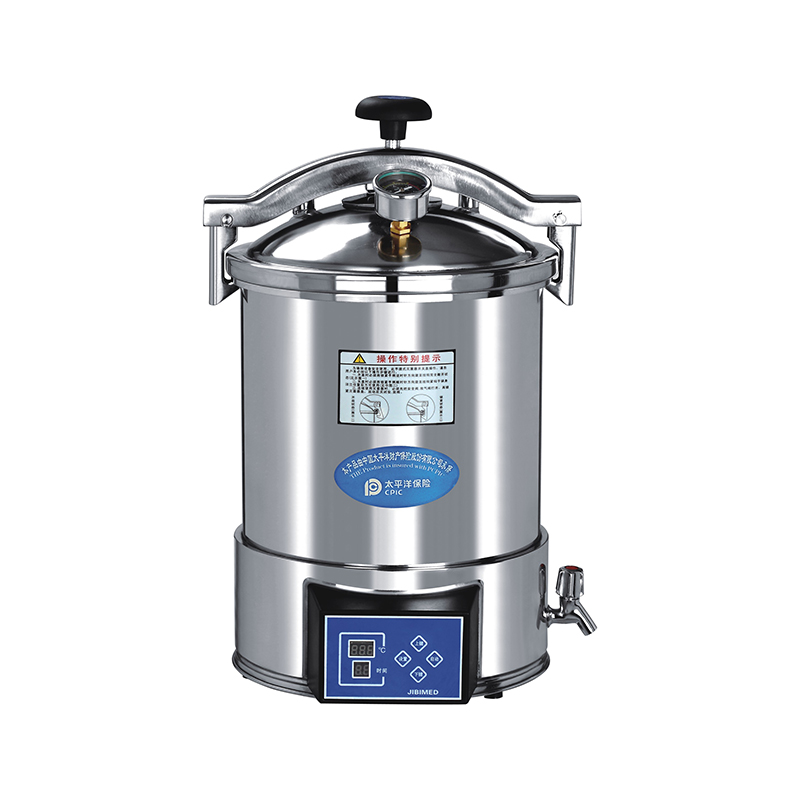Autoclave Water Requirements: Comprehensive Guide for Safe and Efficient Sterilization
Posted by Admin | 27 Oct
1. Understanding Autoclave Water Requirements
Autoclaves are essential equipment in medical, laboratory, and industrial settings, relying heavily on high-quality water to generate steam for sterilization. The water used in autoclaves must meet strict purity standards to prevent scaling, corrosion, and microbial contamination. Understanding these requirements ensures the longevity of the autoclave and the safety of sterilized instruments.
2. Types of Water Suitable for Autoclaves
Not all water types are safe for autoclave use. Choosing the correct type minimizes maintenance issues and ensures sterilization efficiency.
2.1 Distilled Water
Distilled water is highly recommended due to its minimal mineral content. It reduces scale formation and protects heating elements and internal piping from damage. Distilled water is widely used in laboratory and medical autoclaves.
2.2 Deionized Water
Deionized (DI) water is also suitable, as it removes dissolved salts that can cause scaling. However, it may require additional monitoring, as extremely pure water can sometimes be slightly corrosive to certain autoclave materials.
2.3 Tap Water (Not Recommended)
Regular tap water typically contains minerals, chlorine, and impurities that lead to scale build-up and premature wear of autoclave components. Continuous use of tap water can compromise sterilization effectiveness and shorten equipment lifespan.
3. Water Quality Standards for Autoclaves
Meeting specific water quality standards is critical for safe autoclave operation. The following parameters should be closely monitored:
- Total Dissolved Solids (TDS) should be less than 15 ppm for most medical-grade autoclaves.
- pH levels should range from 6 to 8 to prevent corrosion.
- Hardness should be below 1 ppm to avoid scaling on heating elements and steam lines.
- Conductivity should be minimized, usually below 10 µS/cm.
- Microbial contamination must be absent, ensuring water is free from bacteria that could survive sterilization cycles.
4. Best Practices for Autoclave Water Maintenance
Proper water maintenance not only ensures consistent sterilization but also extends the autoclave’s life.
4.1 Regular Water Replacement
Autoclave water should be replaced daily or according to the manufacturer’s recommendations. Stagnant water can become contaminated and affect sterilization quality.
4.2 Cleaning and Descaling
Scale accumulation can block steam valves and reduce efficiency. Regular cleaning using manufacturer-approved descaling agents is essential. A monthly inspection of water chambers is recommended for high-usage autoclaves.
4.3 Water Filtration Systems
Installing pre-filtration or reverse osmosis systems helps remove impurities and ensures consistent water quality. This is particularly important in areas with hard tap water.
5. Monitoring and Troubleshooting Water Issues
Monitoring water quality and system performance helps prevent failures and ensures effective sterilization.
- Regularly check the water level indicator to prevent dry heating.
- Inspect for scale or sediment in the water chamber monthly.
- Use TDS meters and pH testers to confirm water quality.
- If the autoclave shows error codes related to steam generation, verify water purity and consider flushing the system.
6. Autoclave Water Requirement Checklist
The following table summarizes essential water requirements for typical autoclave systems:
| Parameter | Recommended Value |
| Water Type | Distilled or Deionized |
| TDS | < 15 ppm |
| pH | 6–8 |
| Hardness | < 1 ppm |
| Conductivity | < 10 µS/cm |
| Replacement Frequency | Daily or per manufacturer’s guidance |


 English
English русский
русский Français
Français Español
Español bahasa Indonesia
bahasa Indonesia Deutsch
Deutsch عربى
عربى 中文简体
中文简体
